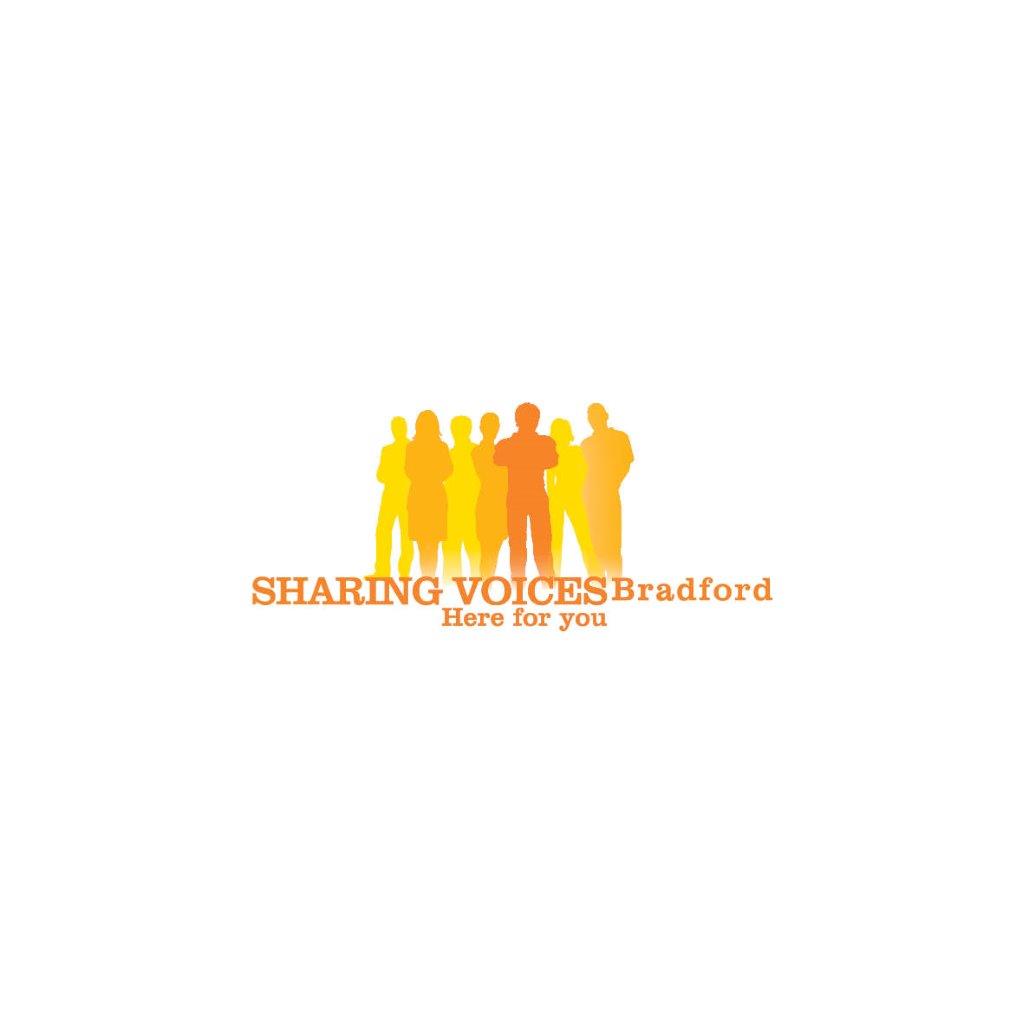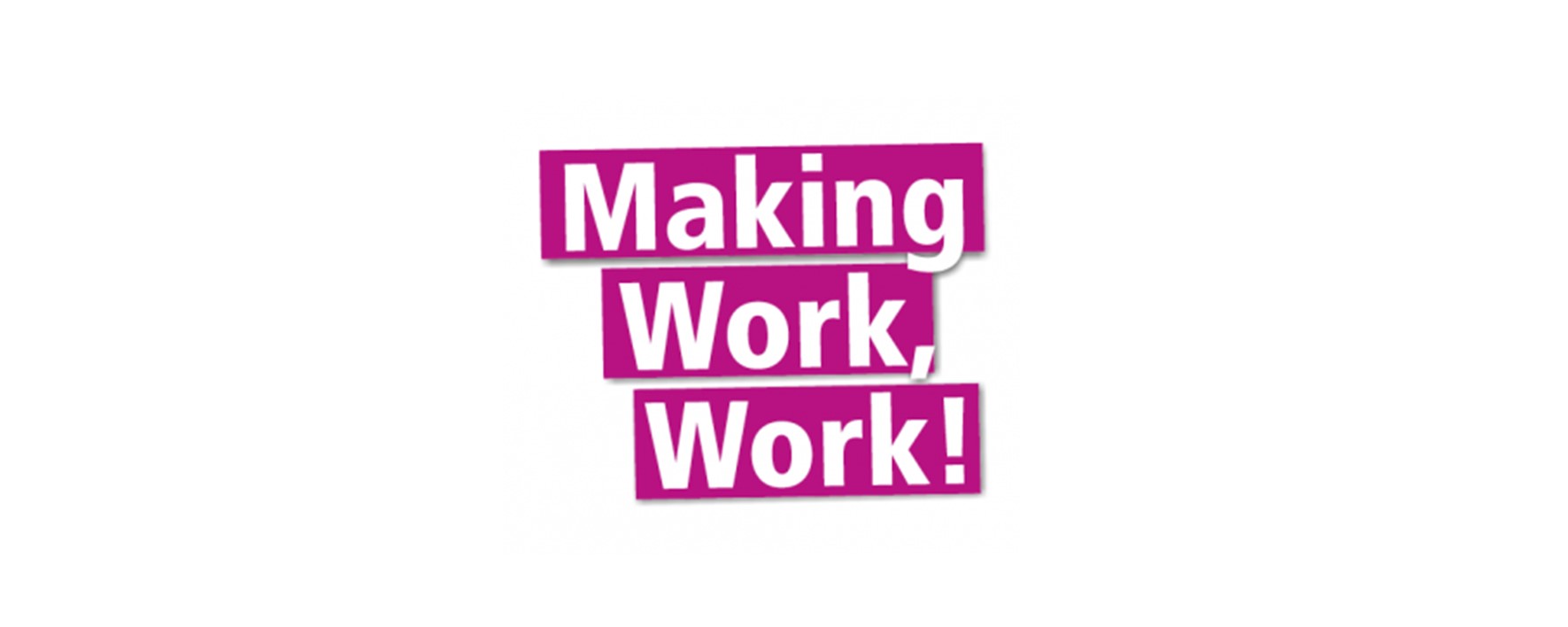World Mental Health Day blog series
Mental health for all
by Masira Hans, Community Development Worker at Sharing Voices
Hi All,
As you are (hopefully) aware today (Saturday 10th October) is World Mental Health Day!
Those who know me in any capacity know how passionately I feel about normalising sadness, looking out for one another and reducing the stigma attached to mental health.
The theme this year is ‘Mental Health For All’ hence, I wanted to discuss an important topic.
The link between mental health and spirituality/religion.
Hands up,
Who has heard the phrase ‘pray the sadness away’ or ‘You are only depressed as you are so far away from your faith’ or ‘You just don’t pray enough’?
*sigh*
If only we could simply pray away clinical depression or an eating disorder or psychosis. If only we could do this one thing and be cured.
When the Prophet Muhammed (peace be upon him) himself who was the closest to God and the pinnacle of spirituality experienced periods of great depression due to very normal life stressors such as bereavement, ostracisation, poverty (amongst others) how are the rest of us to be exempt from this?
The danger of the above statements is how they place the guilt back onto the individual who is already feeling so much dread and pain.
In particular with the women I am fortunate enough to support, they internalise their guilt and feel they are not worthy or loved enough as they have been inflicted with a mental illness. They are often told there is something lacking within them which results in how they are feeling.
All religions speak of care, compassion, empathy so perhaps ill mental health is actually a sign we are much closer to our religion and humanity?
Especially as for me, religion, praying, reflection should bring humility into you. A true sign of faith is sitting with those who are lower in ‘status’ than us, those who are struggling and how much we do to support and help them. Thumbing prayer beads itself should not reflect how religious we are and our mental health need not necessarily be a reflection of our faith.
It should be about our character.
What do you think?
This topic is one close to my heart, and I would love to hear some of your thoughts on this.
Please everyone, this year, let us try and be a little more compassionate. Reach out to your colleagues, friends, family, and neighbours and be the change you wish to see in the world.




